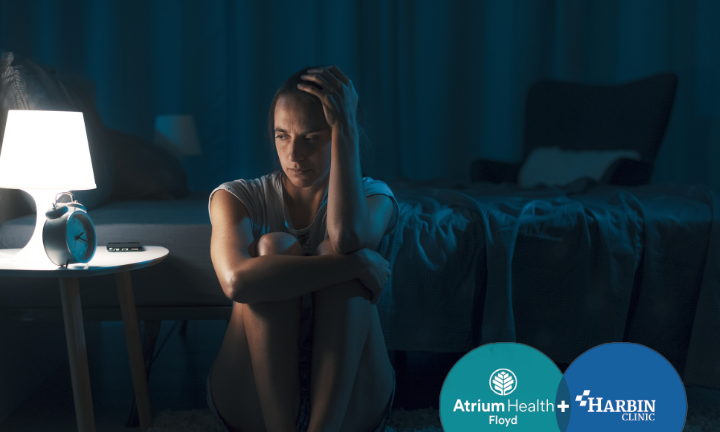Combating Seasonal Depression

“Let winter become a time for cultivating internal joys,” said Dr. Norman E. Rosenthal, the psychiatrist whose research team identified and named Seasonal Affective Disorder (SAD) in the 1980s. SAD is a legitimate mental health concern for many, especially as the days get shorter and the temperatures drop. This season, the Harbin Clinic Psychology team is sharing how to identify SAD and how to manage what you are going through.
For nearly 15 million adults in the United States, this type of depression has an onset in the fall or winter. Then, as Spring begins, those suffering from SAD often see spontaneous remission of symptoms. But the symptoms can be disabling for many. The American Psychological Association lists symptoms including fatigue, pervasively sad mood, loss of interest, sleep difficulty, or excessive sleeping, craving and eating more starches and sweets, weight gain, feelings of hopelessness or despair, and thoughts of suicide.
If you are feeling concerned that you might be suffering from SAD, here are a few research-based steps to try:
· Get more sunshine – Our physicians suggest finding time during the day to sit by a window or meet a friend for a walk. Intentionally seek out time in the daylight. Additionally, consider light therapy from a lightbox.
· Eat healthily – Food can also affect our moods, and in a season full of holidays, make sure comfort foods aren’t just sweet and unhealthy fats. Incorporate a variety of color, nutrient-dense foods.

· Spend time with others – Spending time with the people you care about can lift your spirits and help you avoid social isolation. Also, expressing to your community how SAD affects you will help you feel more understood. Scheduling pleasant activities with friends is another research-based way to lessen the effects of SAD.
· Move your body – Our physicians point out that exercise is critical for beating SAD symptoms. Exercise also combines effective activities like being with people and being in the sun. Try a new sport. Go on a hike. Get moving! If you don’t know how to begin exercising, studies show that walking for only an hour or running for 15 minutes a day reduces the risk of major depression by 26%.
Dr. Jason Dunn, Dr. Frank Harbin, and Eamon Dowling, LCSW with Harbin Clinic Psychology, are committed to helping their patients and the community better understand mental health and build emotional resilience. As the days get shorter, don’t be kept in the dark about seasonal mental health concerns. Make a plan, and know when to reach out for help.
This article was updated in December 2022.


